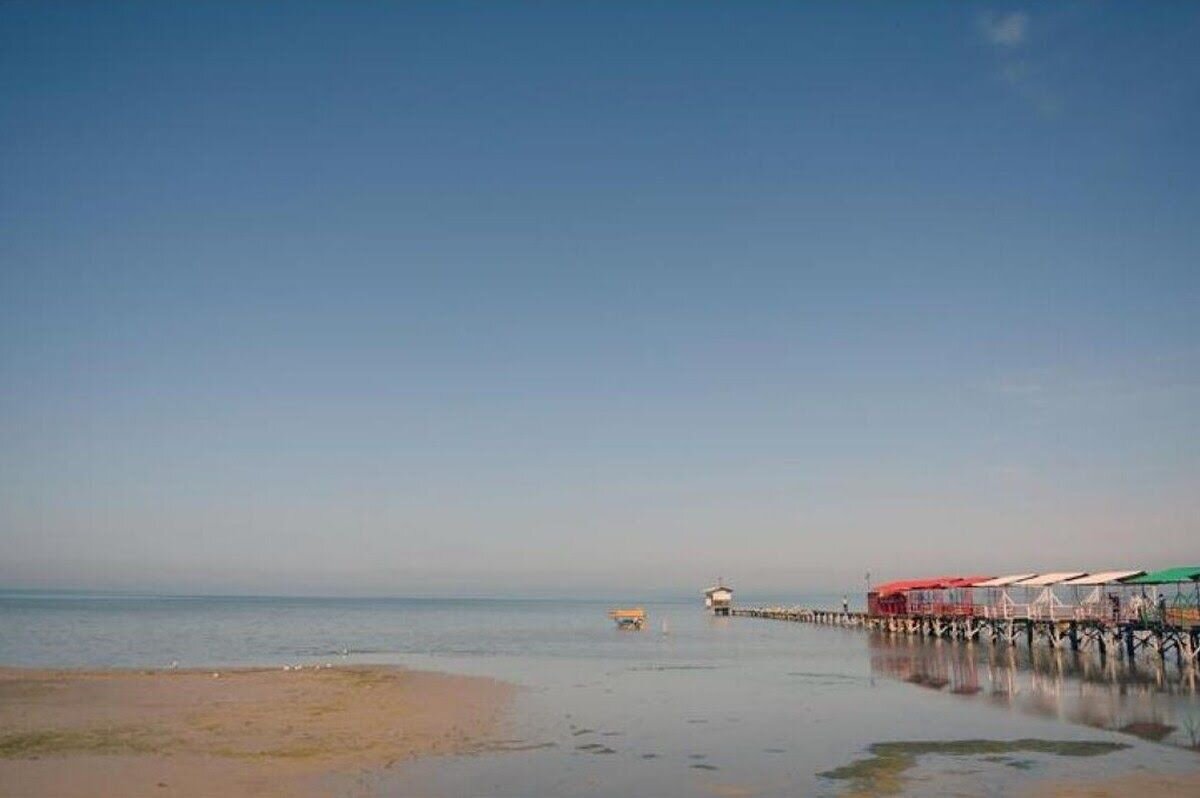Iran: No country is to blame for the shrinking of Caspian Sea

TEHRAN– Ali Salajeqeh, the head of the Department of Environment, has said no country should be held responsible for the decline in the water level of the Caspian Sea.
The level of water in the Caspian Sea has decreased and the loss of water from the lake is evident,” ISNA quoted Salajeqeh as saying.
He went on to say the Caspian Sea is known for its fluctuating nature, characterized by recurring cycles of rising and falling sea levels.
“Changes in the Caspian Sea level are mainly caused by devastating climate change, leading currently to the drop of the sea level.”
Referring to an article published in Nature Journal about the Volga River, Selajeqeh said the Volga River provides 80 percent of the water inflow to the Caspian Sea, but 60 percent of the river's water is used for agricultural purposes and 13 percent is stored in dams.
Pointing to the role of the five littoral states, he said: “All five countries are involved in the management of the Caspian Sea, and it can be said that no country is to blame for the decrease in the water level of the Caspian Sea because the countries normally use the water for watershed management.”
Salajeqeh also mentioned the Tehran Convention and said: “Meetings are being held within the framework of the convention. Scientific working groups have also been formed in order to manage the Caspian Sea both in terms of water and pollutants.”
Declining by 2100
Scientific research and ongoing monitoring reveal that the Caspian Sea is bound to experience a decline in its water balance and shrinkage by 2100, as a result of the ever-changing climate conditions, the director of the National Center for Caspian Sea Studies and Research has said.
If this prediction turns out to be accurate, it will bring about a substantial and transformative effect on the Iranian coast, particularly in the southeastern region of the Caspian Sea, Masoumeh Bani-Hashemi said, ISNA reported.
The most recent studies reveal that during the previous Iranian year of 1401 (which ended on March 20), the water level of the Caspian Sea witnessed a significant decrease of 26 centimeters, surpassing the already concerning decrease of 24 centimeters observed in 1400, she noted.
In the past two years, the water level of the Caspian Sea has experienced a significant decrease of approximately 50 centimeters, she stated.
Caspian Sea pollution
Unfortunately, the Sea’s marine environment suffers from an enormous burden of pollution from oil extraction and refining, offshore oil fields, and huge volumes of untreated sewage and industrial waste.
Waste management in the Caspian Sea is on the verge of crisis and seriously threatens the Sea’s environment.
In addition to waste, leachate enters the sea through rivers or rainfall, and because the severity of leachate pollution is very high, it imposes a serious threat to the marine environment.
According to the Department of Environment, the Caspian Sea is in “critical condition” with oil tankers alone dumping over 120,000 tons of pollutants annually. Sewage from cities bordering the sea exacerbates pollution.
MT/MG
Leave a Comment